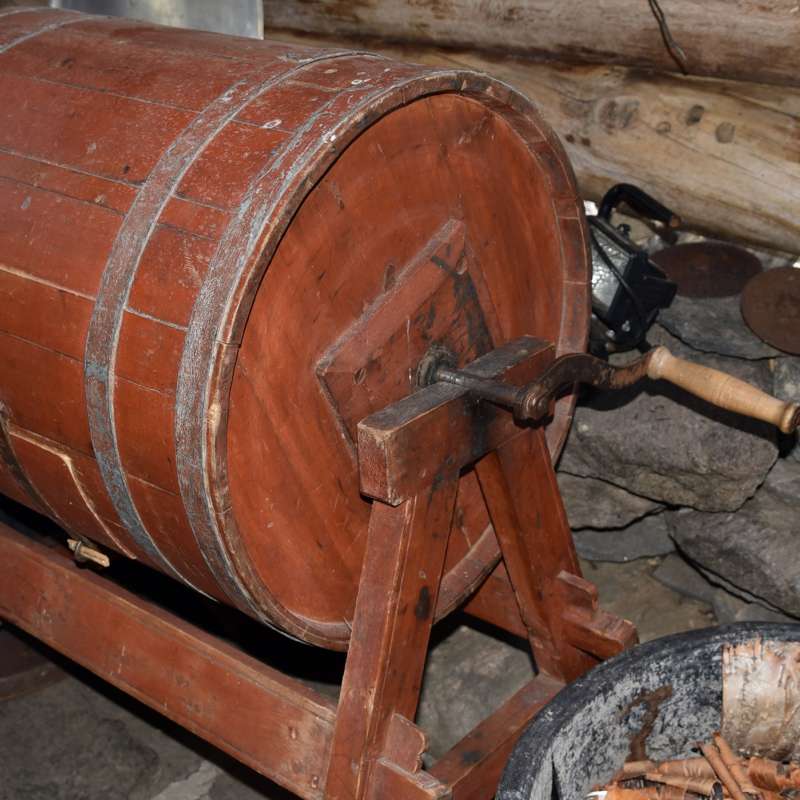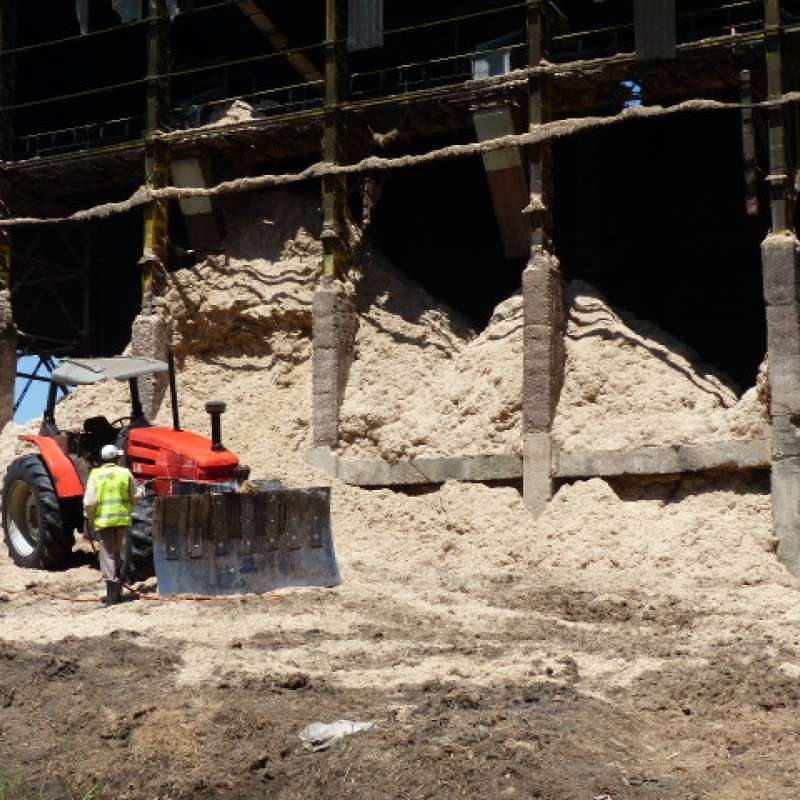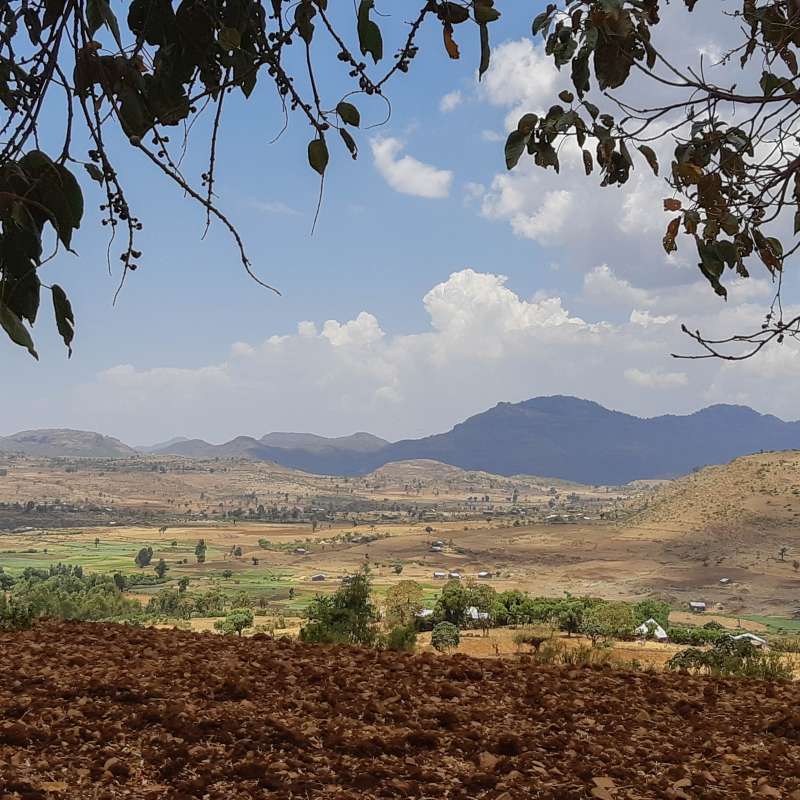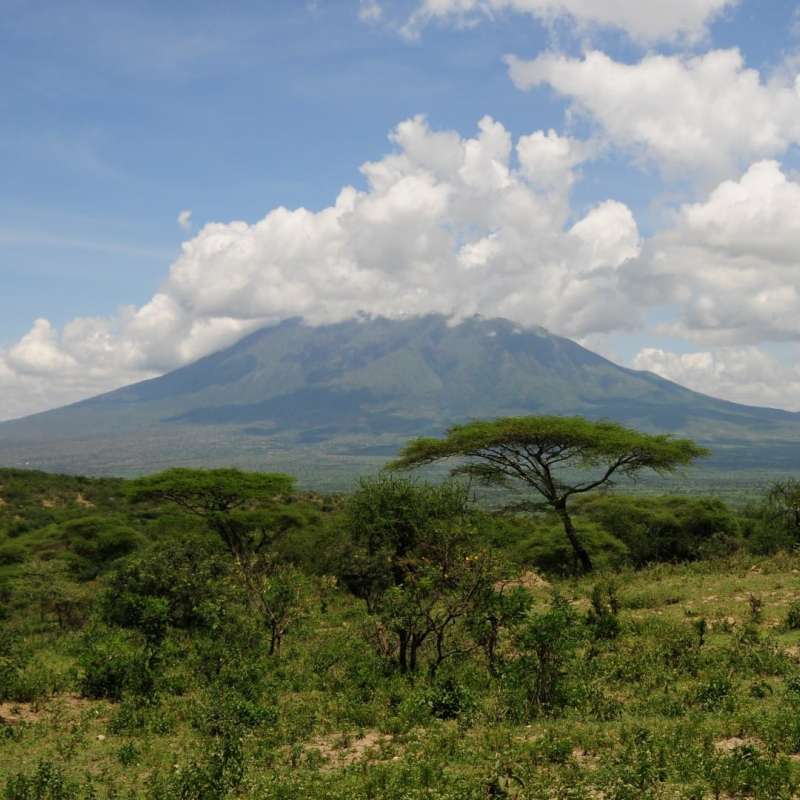
Division of Food Production and Society
Summer farming as an intangible cultural heritage - the process and the result
The value of intangible cultural heritage (ICH), i.e. traditions, knowledge, customs and practices, which have been passed down between generations, has come into focus through the "UNESCO List of Intangible Cultural Heritage and the Register of Good Safeguarding Practices". Today, Sweden has no ICH and only one safeguard practice listed.



